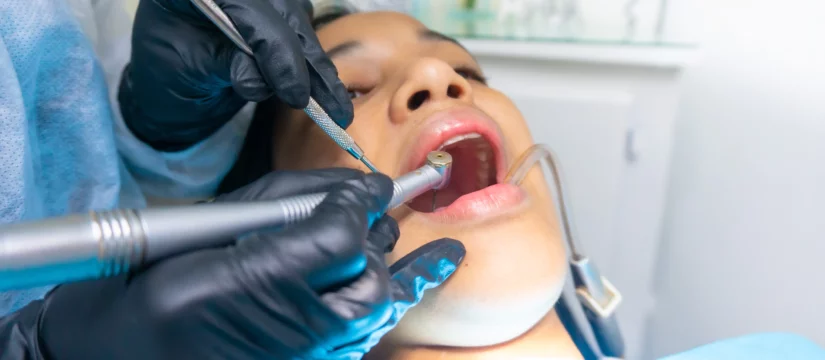
The removal of wisdom teeth may be necessary for many dental health reasons. If not removed, wisdom teeth can cause immense pain, crowding of other teeth, or other more serious problems. However, wisdom tooth removal is surgery and carries the risk of infection. Fortunately, following proactive steps can help to avoid the potentially disastrous results of infection.
Tips for Avoiding Infection
To help prevent infection after wisdom tooth removal, the patient should always make sure to follow the post-op care instructions provided by the dentist. Pain management is also important, as if not managed properly, an infection may occur. Keeping the extraction site clean is of utmost importance. This can be done by rinsing your mouth with strong, warm salt water several times a day as directed by the dentist. Keeping a close watch on the oral health of the mouth is also important, as any changes can be caught quickly and dealt with accordingly. For example, if pain worsens or fever develops, it is important to go see a doctor.
When to See Your Dentist
It is also important to understand when it is necessary to go see the dentist or other health care provider. The signs and symptoms of a potential infection can include fever, swollen chin, swelling in the cheeks and/or neck, tenderness of the gums and jaw, continued bleeding from the extraction site, and a bad taste in the mouth. If any of these symptoms arise, the patient should make an appointment to see their dentist or health care provider to discuss and assess the issue.
In conclusion, wisdom teeth removal is a serious surgery and poses the risk of infection. By following post-op instructions, managing pain, keeping the extraction site clean, and paying close attention to any changes in oral hygiene, the patient can avoid potentially disastrous results of infection. If any warning signs or symptoms of infection do arise, the patient should see their dentist or health care provider right away.
DISCLAIMER: The advice offered is intended to be informational only and generic. It does not offer a definitive diagnosis or specific treatment recommendations for your situation. Any advice provided is no substitute for proper evaluation and care by a qualified dentist.
